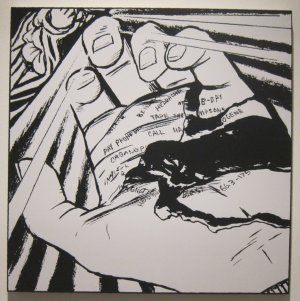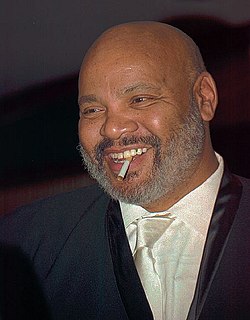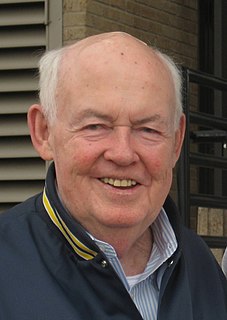A Quote by Munira Mirza
In capitalist terms, art is a global marketplace and artistic labour is too.
Quote Topics
Related Quotes
If the helplessness and isolation of labour, who have nothing to sell but their labour, can be totally removed by connecting labour with capital through a universal credit system, we'll then have other kinds of actors on the economic scene different from what the existing capitalist world would allow us to bring out.
The monopoly of capital becomes a fetter upon the mode of production, which has sprung up and flourished along with, and under it. Centralisation of the means of production and socialisation of labour at last reach a point where they become incompatible with there capitalist integument. This integument is burst asunder. The knell of capitalist private property sounds. The expropriators are expropriated.
There's a tendency at the senior and middle-manager level to be too big-picturish and too superficial. There is a phrase, "The devil is in the details." One can formulate brilliant global strategies whose executability is zero. It's only through familiarity with details - the capability of the individuals who have to execute, the marketplace, the timing - that a good strategy emerges. I like to work from details to big pictures.
Always, when the words art and artistic are applied to my photographic work, I am disagreeably affected. This is due, surely, to the bad use and abuse made of those terms. I consider myself a photographer, nothing more. If my photographs differ from that which is usually done in this field, it is precisely because I try to produce not art but honest photographs, without distortions or manipulations.
Art too is just a way of living, and however one lives, one can, without knowing, prepare for it; in everything real one is closer to it, more its neighbor, than in the unreal half-artistic professions, which, while they pretend to be close to art, in practice deny and attack the existence of all art - as, for example, all of journalism does and almost all criticism and three quarters of what is called (and wants to be called) literature.



































